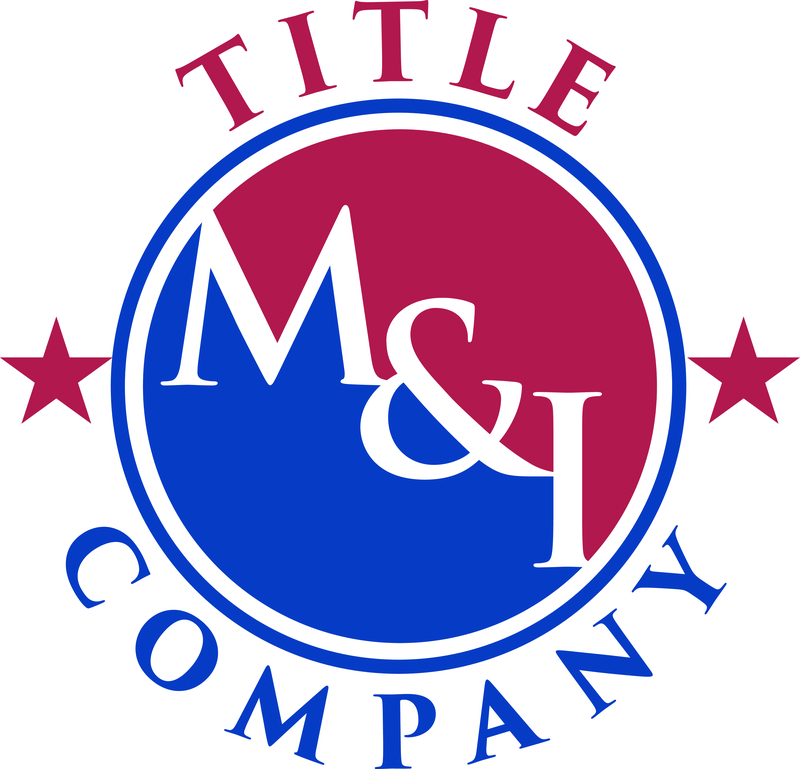In case you are concerned that the real estate industry is not subject to enough regulation, do not let your heart be troubled as new regulations imposed by the Dodd–Frank Wall Street Reform and Consumer Protection Act, which was signed into law back in 2010, affecting home mortgages go into effect October 3, 2015. There has been much talk in the industry about the changes, which are fairly wide-sweeping including changes in the timing of, and type of required disclosures to the borrower as well as a brand new combination loan disclosure form and closing statement. Below, is an overview of some highlights of the changes that I think will most affect St Louis home buyers and sellers as well as links to several additional resources as well.
The New TRID…
Presently, a home buyer, at closing, receives a Truth In Lending Disclosure as well as a HUD-1 closing statement. The former provides the details of the loan including interest rate, APR, costs associated with the loan as well as other details to comply with the Truth in Lending Act (TILA) CFPB Guide (TILA) and the latter provides a summary of the home purchase transaction such as purchase price, credits or charges to the buyer as well as other details required by the Real Estate Settlement Procedures Act (RESPA).
Beginning October 3, 2015, the two forms above will be combined into one, consumer-friendly, TRID (TILA-RESPA Integrated Disclosure) form. The new TRID will present all the important financial details of the loan and home purchase into one form which will be much easier for the typical consumer to benefit form than the current forms.
Search St Louis Homes For Sale HERE
See ALL Homes That Will Be Open In St Louis This Weekend
5 Key Strategies To Assure A Quick Home Sale At The Maximum Price
Timely disclosures…
Under the new rules, the loan application process will be slowed somewhat, to allow for the dissemination of pertinent information to the home buyer along the way. While the disclosures, along with the required allotted time to receive and review, may seem somewhat burdensome to the lenders and others involved, there is no reason the time to purchase a home should take as long as some fear. While presently the typical time to close on the purchase of a home is about 6 weeks many professionals in our industry feel this will become 60 days minimum after the new rules go into effect October 3rd.
Granted, for borrowers that do not provide everything needed to their lender in a timely fashion, or for lenders that are ill-prepared for the change or sloppy in their work, the new disclosure requirements will most likely cause a delay in the closing. However, for home buyers that have been properly educated on, and prepared for, the loan process by their buyers agent as well as loan officer and lenders that are prepared for the new compliance requirements, I think a closing time of less than 60 days is every realistic.
Below are the timing and disclosure requirements:
- Within 3 business days of the loan application the lender must either give, or mail to, the borrower a Loan Estimate. At the time of loan application, the lender is only permitted to charge the borrower for the cost of a credit report and nothing else.
- The borrower must give lender notice that he or she intends to proceed with the loan. However, the borrower cannot consummate the loan (become responsible for any costs associated with the loan) until 7 business days after receipt of the loan estimate (if lender gave it in person) or 7 business days after lender mailed it. For purposes herein, business days would include all days except Sunday and holidays.
- Three business days prior to closing the borrower must receive the closing disclosure from lender which will show all final costs and exact balance due from buyer at closing. In order to comply with this, the lender may hand the disclosure to borrower or put in mail 3 business days before the deadline for the buyer to receive (3 business days before closing) so, essentially, 6 business days before closing.
What triggers a delay in closing..
There are some things that could trigger the closing being delayed, such as:
- If the APR (annual percentage rate) increases by more than 1/8 of a percent for fixed-rate loans or 1/4 of a percent for adjustable loans.
- A prepayment penalty is added.
- The basic loan product changes, such as a switch from fixed rate to adjustable interest rate or to a loan with interest-only payments.
- If the actual charge for third-party services and recording fees being paid by the borrower exceed the estimated amount by more than 10% cumulative, based upon the total of all such charges then a new estimate will be needed which could result in the closing being delayed.
What should NOT delay your closing..
- Unexpected discoveries on a walk-through such as a broken refrigerator or a missing stove, even if they require seller credits to the buyer.
- Most changes to payments made at closing, including the amount of the real estate commission, taxes and utilities proration, and the amount paid into escrow.
- Typos found at the closing table.
What your lender cannot do…
- Charge you more than the amount disclosed on the Loan Estimate under any circumstances, other than changed circumstances (see below), for charges considered “zero tolerance” charges by theCFPB, which include:
- Fees paid to the lender, mortgage broker or an affiliate of either
- Fees paid to an unaffiliated third party if the lender did not permit you to shop for a third party service provider for a settlement service.
Unless…
The lender can make changes from he Loan Estimate if they are the result of a “changed circumstance” which the CFPB defines as:
- Changes that affect your eligibility for the terms for which you applied or the changes in the value of the home due to appraisal.
- You did not lock in the interest rate when the Loan Estimate was provided, and locking the rate causes the points or lender credits disclosed on the Loan Estimate to change.
- You waited more than 10 business days after the Loan Estimate was provided to you to indicate an intent to proceed with the loan.
The above outline is a simple version of the process and assumes no changes along the way in terms of loan terms that would trigger a new estimate being required, or in sale terms that would require one. As you can see, the disclosures and timing do slow the process, so there is less room for error, which will result in many closings no doubt taking 60 days from purchase, however, as I indicated before, it is still possible to get it done quicker.


